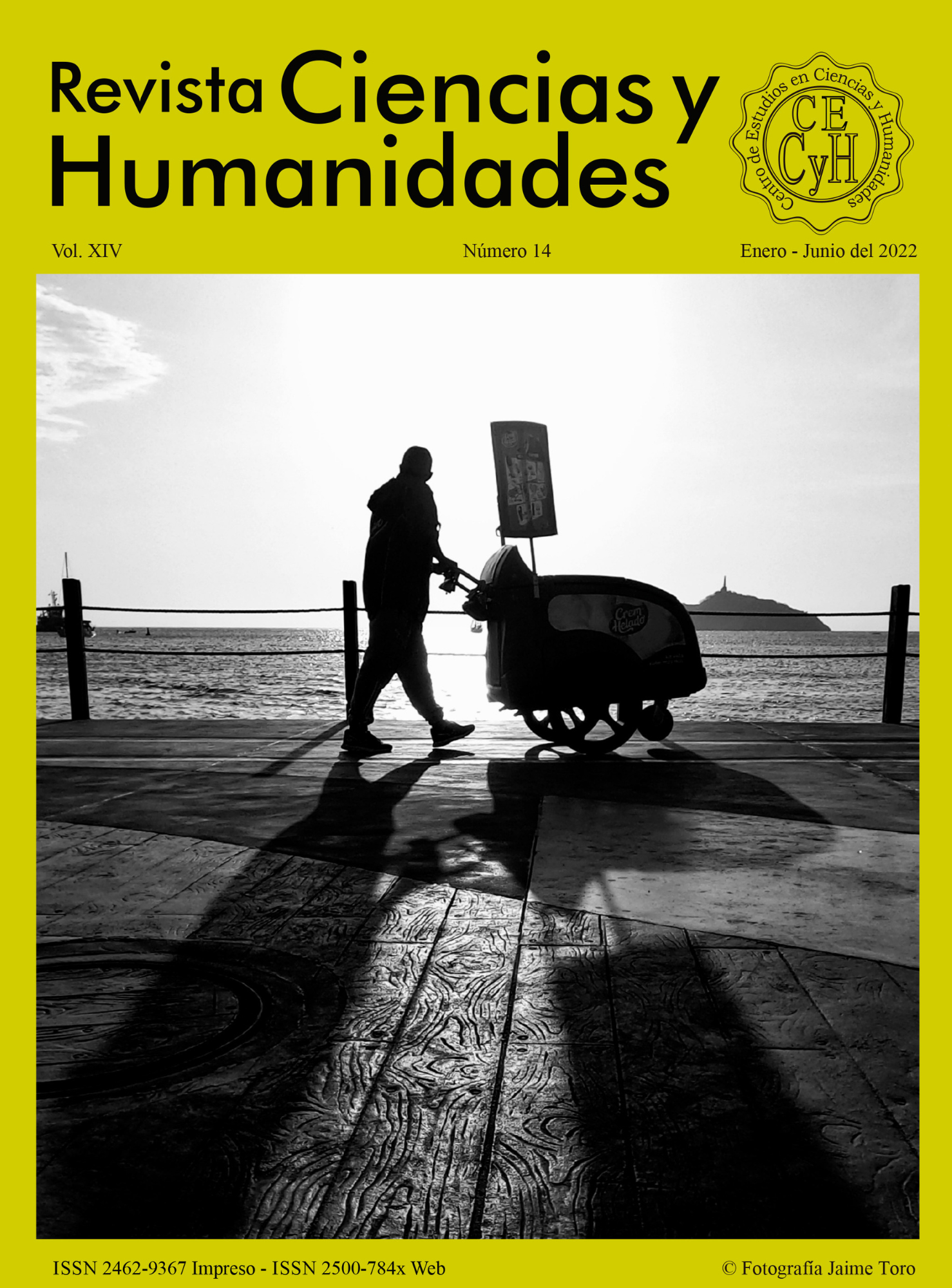Responsibility for environmental damage due to spillage of hydrocarbons in soils in Tabasco, Mexico
DOI:
https://doi.org/10.61497/1pvy9t20Keywords:
environmental responsibility, environmental damage, oil spillsAbstract
In Mexico, the human right to a healthy environment has a robust legal framework, recognized, and protected by the federal constitution and international instruments; however, in contrast to reality, the environment continues to deteriorate, such is the case of contamination due to hydrocarbon spillage from Petróleos Mexicanos (PEMEX). In this sense, the state of Tabasco not only occupies the first place in soil spills but also the environmental and legal problems are aggravated because the responsibility for environmental damage is not determined in this type of disaster. This research is based on the hypothesis: when the responsibility for environmental damage, caused by spillage of hydrocarbons on the ground due to fuel theft, is not determined, the environment and ecological balance can be left without protection, despite the existence of a vast legal system. regarding hydrocarbons. In this regard, based on the case study methodology, the criterion of the Supreme Court of Justice of the Nation (SCJN) is analyzed, in terms of responsibility, damage and protection of the environment issued in the judgments of direct Amparo 24/2017 and 47/2017 in Tabasco, Mexico. It is concluded that, in addition to going against the principles of environmental law, the environment is left defenseless, as an effect of exempting PEMEX from the responsibility of remedying the affected area under the premise that the damage was the product of a crime committed by third parties.
Published
Issue
Section
License
Copyright (c) 2024 Sofía Ruíz Liévano (Autor/a)

This work is licensed under a Creative Commons Attribution-NonCommercial-NoDerivatives 4.0 International License.
Los artículos publicados en esta revista están bajo una licencia Creative Commons Atribución-No Comercial 4.0 Internacional (CC BY-NC-ND 4.0 ). Esto significa que los autores conservan sus derechos de autor y permiten que otros compartan y distribuyan el contenido con el debido reconocimiento, pero sin fines comerciales. No se permite la creación de obras derivadas a partir de este contenido.
Revista Ciencias y Humanidades © 2015 by Centro de Estudios en Ciencias y Humanidades del Instituto Jorge Robledo is licensed under CC BY-NC-ND 4.0











